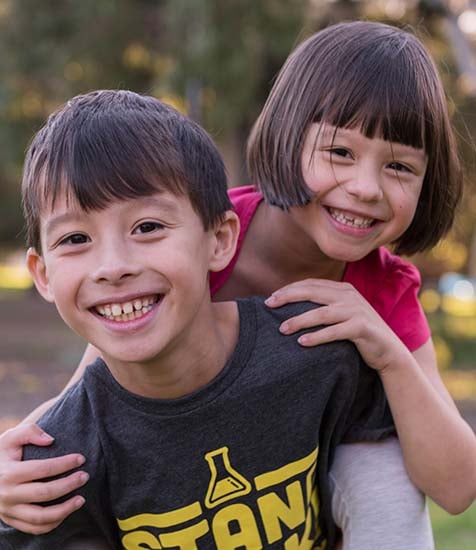Search
The main objectives were to evaluate effectiveness of the annual flu vaccine in young children, and the burden of flu on young children and their families.
The PAEDS Study monitors childhood conditions of public health importance that are difficult to effectively capture through other surveillance mechanisms.

We are looking for children and teenagers to take part in an important study investigating the effectiveness of a new combination booster vaccine designed to protect against tetanus, diphtheria, pertussis (whooping cough) and polio.

The CMVictory Study aims to learn more about the safety and effectiveness of a potential CMV vaccine.
Contact us If you'd like to get in touch, please contact us by phone or email. Phone: 0400 450 240 Email: vtg@thekids.org.au PAEDS Paediatric Active
MenABCWY QUINTET Study Meningococcal disease is a rare but serious disease that can result in death if not recognised and treated quickly. There are
Coming up in 2021 We have a a study to suit every age range in 2021! From babies at just six weeks for the FluBub Study, through to teenagers in
COVID-19 Research Update
Latest news & events at the Wesfarmers Centre of Vaccines & Infectious Diseases.
IIC Perth 2019 Faculty Testimonials Contact us I liked the breadth available in the course: both local and international, and very specialised areas
